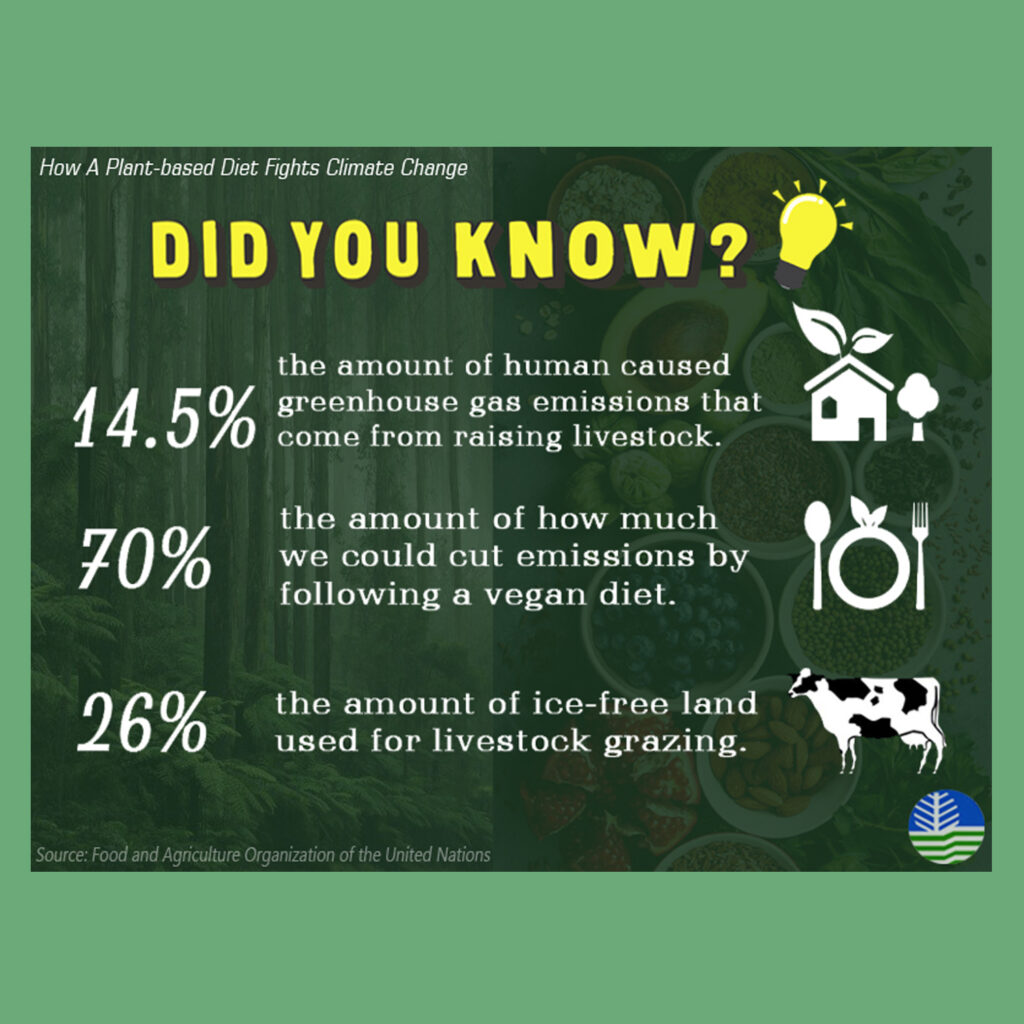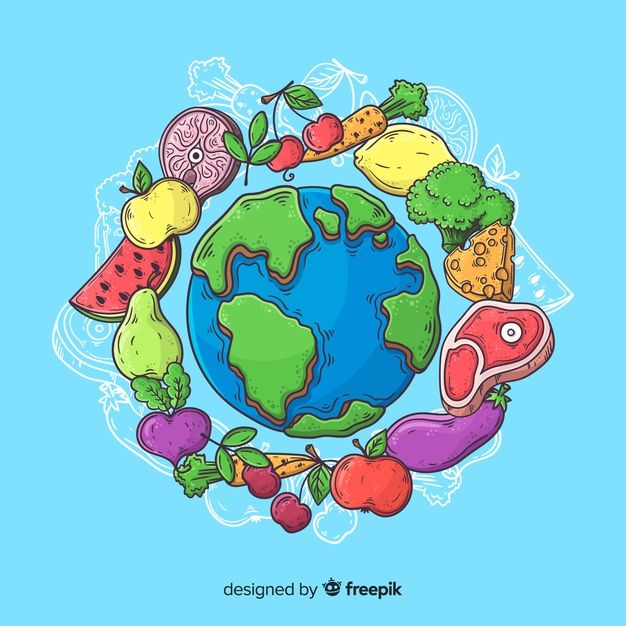“Sustainability is no longer about doing less harm. It’s about doing more good.”
– Jochen Zeitz
As our planet continues to face unprecedented challenges such as climate change and environmental degradation, it’s becoming increasingly clear that we need to make significant changes in our daily habits to ensure a sustainable future. One crucial change that we can all make is transitioning to a plant-based lifestyle.
Before transitioning to a plant-based lifestyle, it is important to understand in detail why exactly do we need to do so and how does animal agriculture adversely affect our planet.
Why Do We Need To Change The Current Lifestyle Norms?
1) Excessive Greenhouse Gas Emissions
Animal agriculture is a leading cause of greenhouse gas emissions. According to the United Nations, animal agriculture is responsible for up to 18% of global greenhouse gas emissions. The meat and dairy industries produce more greenhouse gas emissions than all forms of transportation combined. These emissions contribute to climate change, which can have severe consequences for our planet, such as rising sea levels, increased natural disasters, and changes in weather patterns.
2) Overburdened Resources
Apart from the high greenhouse gas emissions, animal agriculture also requires a significant amount of land, water, and other resources. Livestock requires vast amounts of land for grazing, as well as water for drinking and feed production. Moreover, the production of animal feed also requires the use of fertilisers and pesticides, which can lead to environmental degradation and soil erosion. By transitioning to a plant-based lifestyle, we can reduce the amount of land, water, and resources required to produce our food.

3) Deteriorating Biodiversity
Another glaring reason why a plant-based lifestyle is necessary for sustainability is the impact of animal agriculture on biodiversity. The clearing of forests and other natural habitats to create space for livestock is a significant contributor to species loss and habitat destruction.
By transitioning to plant-based diets, we can reduce the demand for animal products and decrease the need for large-scale animal agriculture, which can have a positive impact on biodiversity.
Significant Health Benefits – An Added Bonus
In addition to the environmental benefits, a plant-based lifestyle can also have significant health benefits. Plant-based diets have been linked to a lower risk of chronic diseases such as heart disease, diabetes, and some types of cancer. They are also rich in nutrients such as fibre, vitamins, and minerals, which are essential for maintaining good health.
Transitioning to a plant-based lifestyle can seem daunting, but it doesn’t have to be. There are plenty of delicious plant-based options available, and making the transition gradually can make it easier to stick to. Start by incorporating more fruits, vegetables, whole grains, and legumes into your diet and gradually reducing your intake of animal products. Experiment with new recipes and ingredients to find new and exciting ways to prepare plant-based meals.



